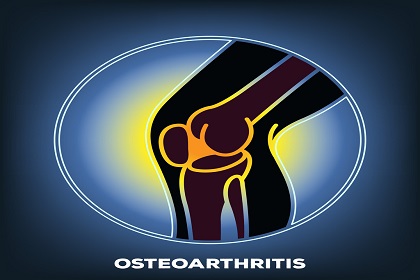Search
What is a fever?
A fever is an increase in your body temperature. Normal body temperature is 98.6°F (37°C). Fever is generally defined as greater than 100.4°F (38°C).
What are common causes of a fever?
The cause of your fever may not be known. This is called fever of unknown origin. It occurs when you have a fever above 100.9˚F (38.3°C) for 3 weeks or more. The following are common causes of fever:
• An infection caused by a virus or bacteria
• An inflammatory disorder, such as arthritis
• A brain infection or injury
• Alcohol or illegal drug use, or withdrawal
What other signs and symptoms may I have?
• Chills and shivers
• Muscle stiffness
• Weight loss
• Night sweats
• Fever that comes and goes
• Fever that is higher in the morning
How is the cause of a fever diagnosed?
Your healthcare provider will ask when your fever began and how high it was. He or she will ask about other symptoms and examine you for signs of infection. He or she will feel your neck for lumps and listen to your heart and lungs. Tell your provider if you recently had surgery or an infection. Tell him or her if you have any medical conditions, such as diabetes or arthritis. You may also need blood or urine tests to check for infection. Ask about other tests you may need if blood and urine tests do not explain the cause of your fever.
How is a fever treated?
You may need any of the following, depending on the cause of your fever:
• NSAIDs, such as ibuprofen, help decrease swelling, pain, and fever. This medicine is available with or without a doctor's order. NSAIDs can cause stomach bleeding or kidney problems in certain people. If you take blood thinner medicine, always ask if NSAIDs are safe for you. Always read the medicine label and follow directions. Do not give these medicines to children under 6 months of age without direction from your child's healthcare provider
• Acetaminophen decreases pain and fever. It is available without a doctor's order. Ask how much to take and how often to take it. Follow directions. Read the labels of all other medicines you are using to see if they also contain acetaminophen, or ask your doctor or pharmacist. Acetaminophen can cause liver damage if not taken correctly. Do not use more than 4 grams (4,000 milligrams) total of acetaminophen in one day
• Antibiotics may be given if you have an infection caused by bacteria
What can I do to be more comfortable while I have a fever?
• Drink more liquids as directed. A fever makes you sweat. This can increase your risk for dehydration. Liquids can help prevent dehydration:
○ Drink at least 6 to 8 eight-ounce cups of clear liquids each day. Drink water, juice, or broth. Do not drink sports drinks. They may contain caffeine
○ Ask your healthcare provider if you should drink an oral rehydration solution (ORS). An ORS has the right amounts of water, salts, and sugar you need to replace body fluids
• Dress in lightweight clothes. Shivers may be a sign that your fever is rising. Do not put extra blankets or clothes on. This may cause your fever to rise even higher. Dress in light, comfortable clothing. Use a lightweight blanket or sheet when you sleep. Change your clothes, blanket, or sheets if they get wet
• Cool yourself safely. Take a bath in cool or lukewarm water. Use an ice pack wrapped in a small towel or wet a washcloth with cool water. Place the ice pack or wet washcloth on your forehead or the back of your neck
When should I seek immediate care?
• Your fever does not go away or gets worse even after treatment
• You have a stiff neck and a bad headache
• You are confused. You may not be able to think clearly or remember things like you normally do
• Your heart beats faster than usual even after treatment
• You have shortness of breath or chest pain when you breathe
• You urinate small amounts or not at all
• Your skin, lips, or nails turn blue
When should I contact my healthcare provider?
• You have abdominal pain or feel bloated
• You have nausea or are vomiting
• You have pain or burning when you urinate, or you have pain in your back
• You have questions or concerns about your condition or care
CARE AGREEMENT:
You have the right to help plan your care. Learn about your health condition and how it may be treated. Discuss treatment options with your caregivers to decide what care you want to receive. You always have the right to refuse treatment.
© 2017 Truven Health Analytics LLC All illustrations and images included in CareNotes® are the copyrighted property of A.D.A.M., Inc. or Truven Health Analytics.
Click the link for more information on Family Medicine Clinical Service











